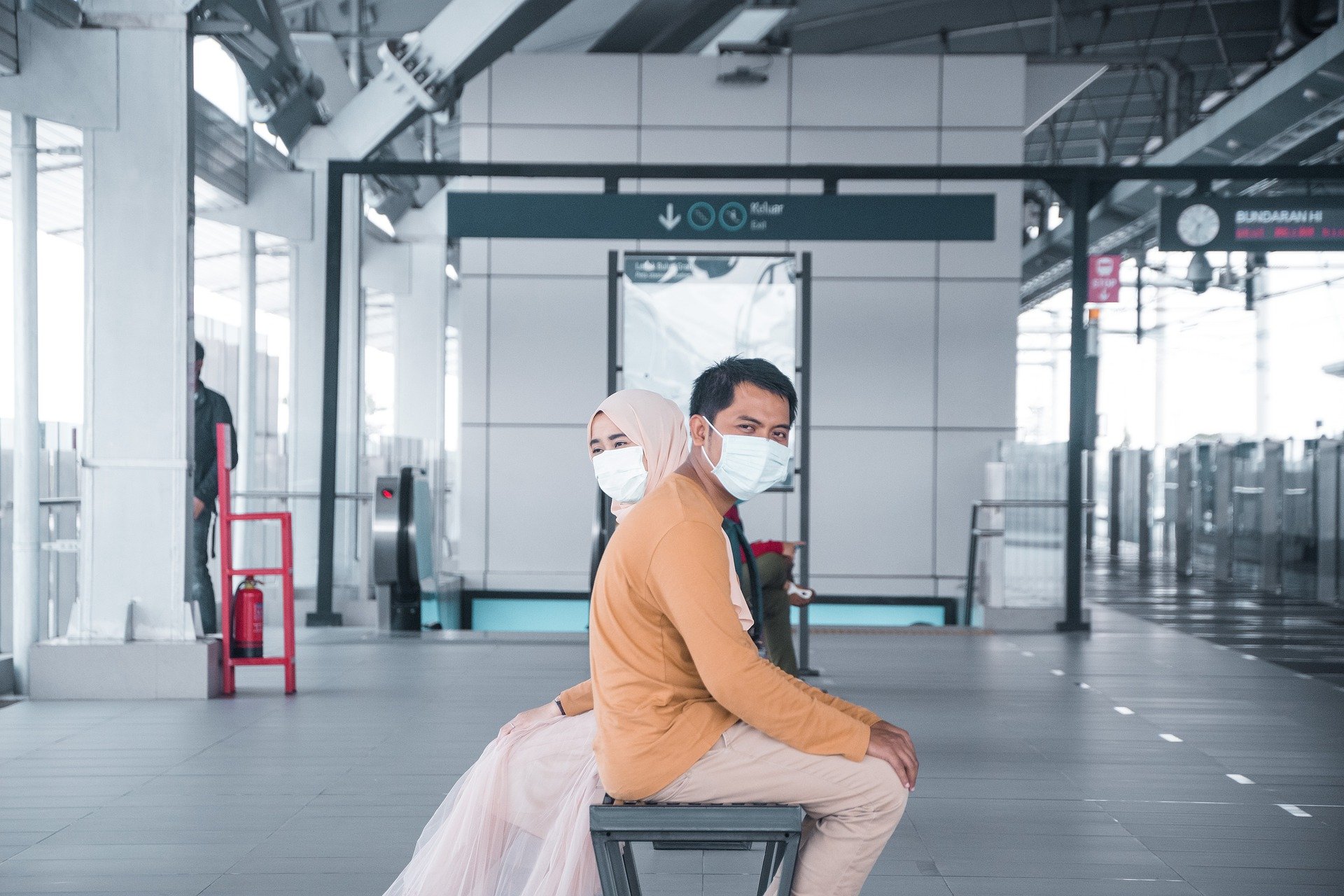News release
From:
Social distancing and likelihood of contracting COVID-19
Researchers report the individual benefits of social distancing for COVID-19 prevention. Epidemiological evidence has shown that social distancing can reduce COVID-19 transmission in the aggregate. However, this does not necessarily mean that an individual’s social distancing behavior will reduce that individual’s personal likelihood of contracting COVID-19. Russell Fazio and colleagues used an online, longitudinal study of 2,120 US residents, average age 40 years, to determine whether individual differences in social distancing behavior predicted the likelihood that a person would contract COVID-19 during subsequent months. To assess individuals’ social distancing behavior, the researchers presented participants with virtual depictions of real-world social situations and examined how participants positioned themselves relative to others. An index of social distancing based on the participants’ responses was significantly associated with reduced likelihood of contracting COVID-19 within the next four months. Specifically, an increase of one standard deviation in the social distancing index was associated with approximately a 20% decrease in the odds of contracting COVID-19. This result held whether only participants who tested positive for COVID-19 were considered or whether untested participants who believed that they had contracted the virus were included. The results suggest that social distancing carries benefits for individuals who practice social distancing, not just for the larger community, according to the authors.



 International
International


